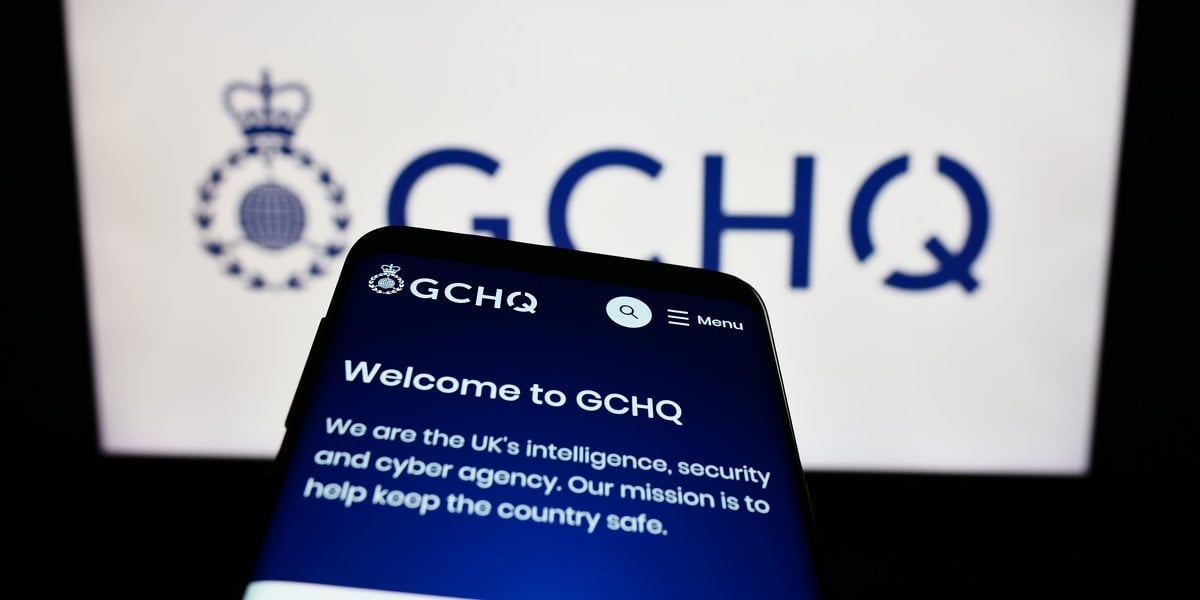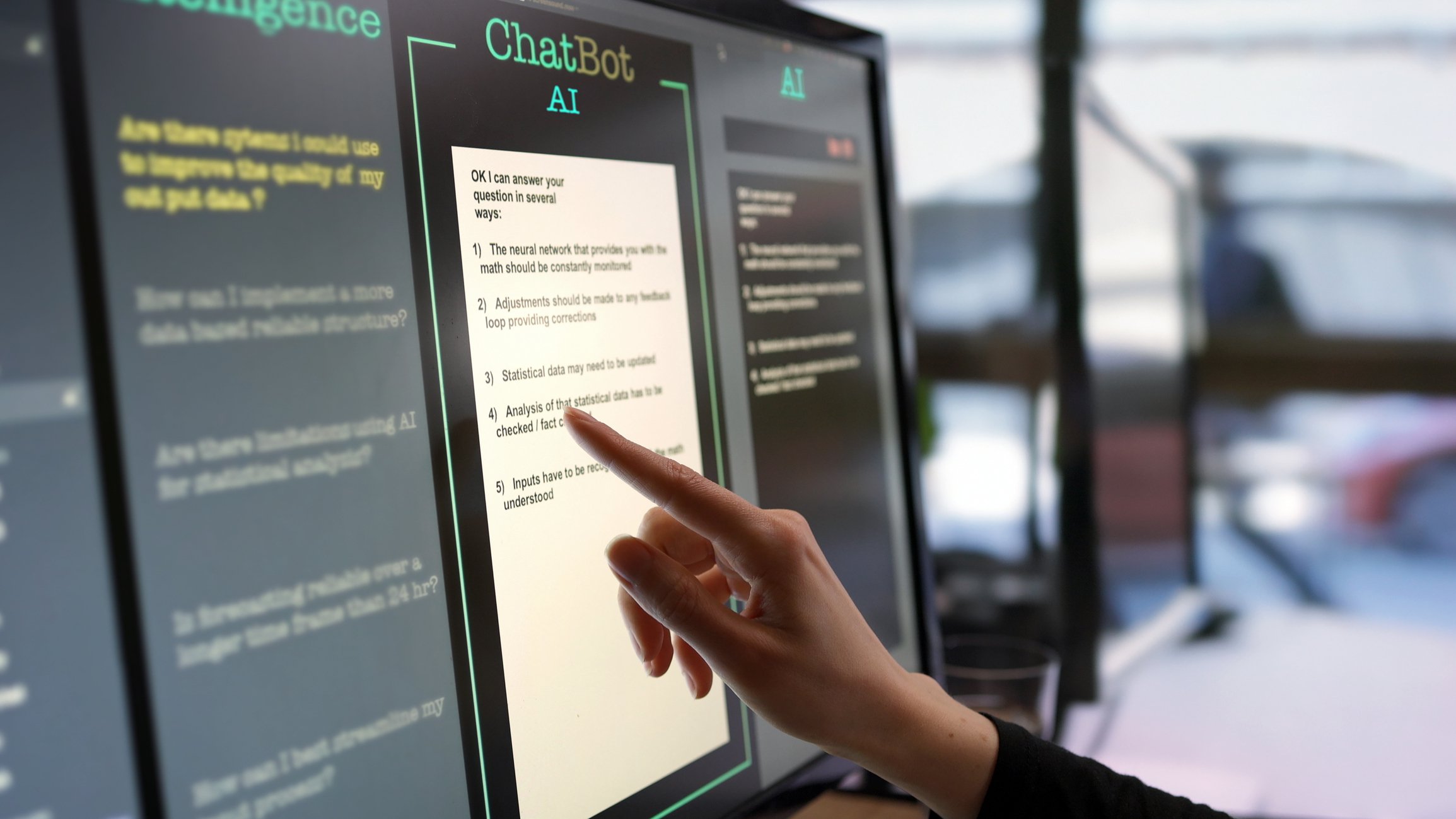- 497 Posts
- 737 Comments

 11·2 days ago
11·2 days agoI expect (at least) one party will eventually adopt Rejoin as a distinguishing policy, and maybe sooner rather later.
But the appetite for Rejoin will probably depend on the shape of the UK economy and the political direction of the EU in 10+ years. If the Starmer project really has been delivering tangible growth by then, people may feel Brexit has (inadvertently) “worked” in the end. If the EU achieves greater and greater integration in the UK’s absence it may seem less palatable to enough voters.
Both of those are also going to be influenced by external factors like the direction of a possible Trump second term, the outcome of the war in Ukraine etc.
I don’t think it’s the first time for Amazon either.

 30·9 days ago
30·9 days agoPrague had a large pneumatic post system which operated for 100+ years.

 34·11 days ago
34·11 days agoI honestly don’t know how they do it. Whenever I get handed someone else’s device without an adblocker I find it almost painful to try and use.

 461·23 days ago
461·23 days agoYears ago a Microsoft breakup was also once on the table, but it never happened.
I wouldn’t get too excited that regulators will follow through with this for Google either.

 2·1 month ago
2·1 month agoMostly at the dining table, meals are social and family time.
Very occasionally I will eat the desk if I’m in the house alone or working late etc, but it’s something I try and avoid generally.

 2·1 month ago
2·1 month agoSo I’ve heard they have already switched eBay in Germany to this no-fee system. It proved more profitable for eBay because private sellers who accrue an eBay balance from sales were in turn more likely to spend it on eBay.

 1·1 month ago
1·1 month agoPresumably this adds more cost and complexity to buying and installing appliances though if they have to integrate into these systems, which I’m guessing aren’t currently well standardised.
It’s an interesting idea nonetheless. I’ve heard of other projects using excess heat from large data centres to provide energy for district heating systems.

 20·1 month ago
20·1 month agoThe current population of the UK is somewhere around 68 million.
Thats enough people that you could probably find “dozens” who would say yes to just about anything.

 14·1 month ago
14·1 month agoResplendent and fungiform definitely are, and I hope slugabed is because it’s describing my mood this Sunday morning rather aptly.

 494·1 month ago
494·1 month agoWe are going to need much stronger image rights for individuals in the AI age.
There’s no way to stop the technology itself (although current development may plateau at some point), so there must be strong legal restrictions on abusing it.

 433·1 month ago
433·1 month agoI don’t think Mozilla running a Mastodon server is losing focus. The ethos of Mozilla and the Fediverse have a lot of overlap, and Mozilla should desire to have a foot in it.
An official Mastodon server is also a useful platform for marketing and outreach. In contrast an organisation claiming to be all about privacy and open source retreating from a social media platform that embodies those is not a good look.

 36·1 month ago
36·1 month agoHigh energy bills and misinformation about energy saving seems to be causing some odd behaviour here in the UK.
I have relatives who go round turning off every device and appliance at night, despite the negligible power draw they have in standby. Another will only charge their phone at night during cheaper the electricity rate - but runs the tumble dryer during the day.
I also often hear stories about people fearing electronic devices will catch fire if left on standby over night. Which may well be a risk for charging a dodgy Chinese e-bike but probably not for a home router.

 151·1 month ago
151·1 month agoI think the difference here is that medical reference material is based on long process of proven research. It can be trusted as a reliable source of information.
AI tools however are so new they haven’t faced anything like the same level of scrutiny. For now they can’t be considered reliable, and their use should be kept within proper medical trials until we understand them better.
Yes human error will also always be an issue, but putting that on top of the currently shaky foundations of AI only compounds the problem.
The challenge for Ladybird and other independent browser projects is the enormous size and scope required of modern browsers, which is also still growing. Web browsers are now probably second only to operating systems in complexity in the personal computing space.
Plus even if they do reach technical maturity, they still have to convince people to use it. That’s not been going very well for Mozilla, and they already have a working browser.
Safari is more energy efficient on macOS compared to other browsers.
But like it or not the (artificial) hold Safari has over the iOS/iPadOS ecosystem is the only thing stopping a complete Google hegemony over the web browser market.
Mozilla is circling the drain and the few nascent new browser projects are years away from technical maturity and may never establish any meaningful market share anyway.

 22·1 month ago
22·1 month agoBut it will make it a nicer day out for tourists.
Isn’t that what Oxford Street is, more or less a tourist attraction? I don’t imagine many people going for their weekly shop.
You’re never lonely with all your Demodex friends.
They are fairly crap as a hand dryer too.

























Functionally it’s harder to accidentally press on the bottom.
Although it’s also now harder to intentionally press too. It looks like a finger can fit under there, otherwise you’ll be flipping it over to power on.